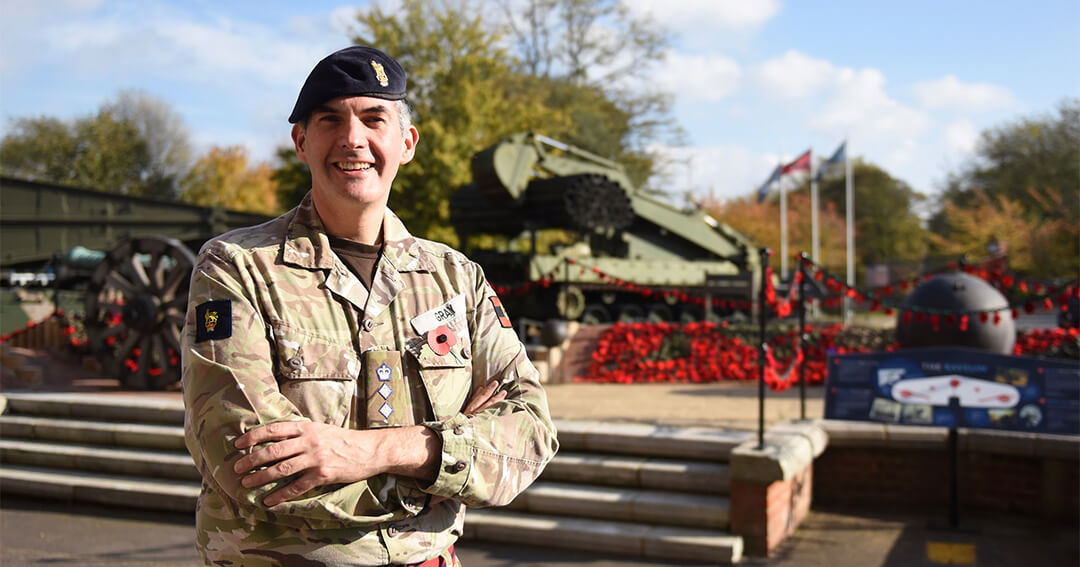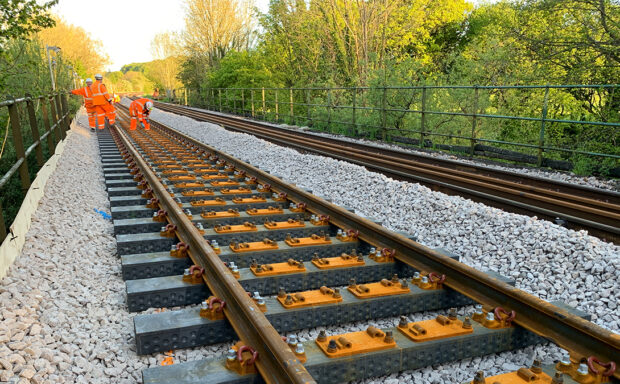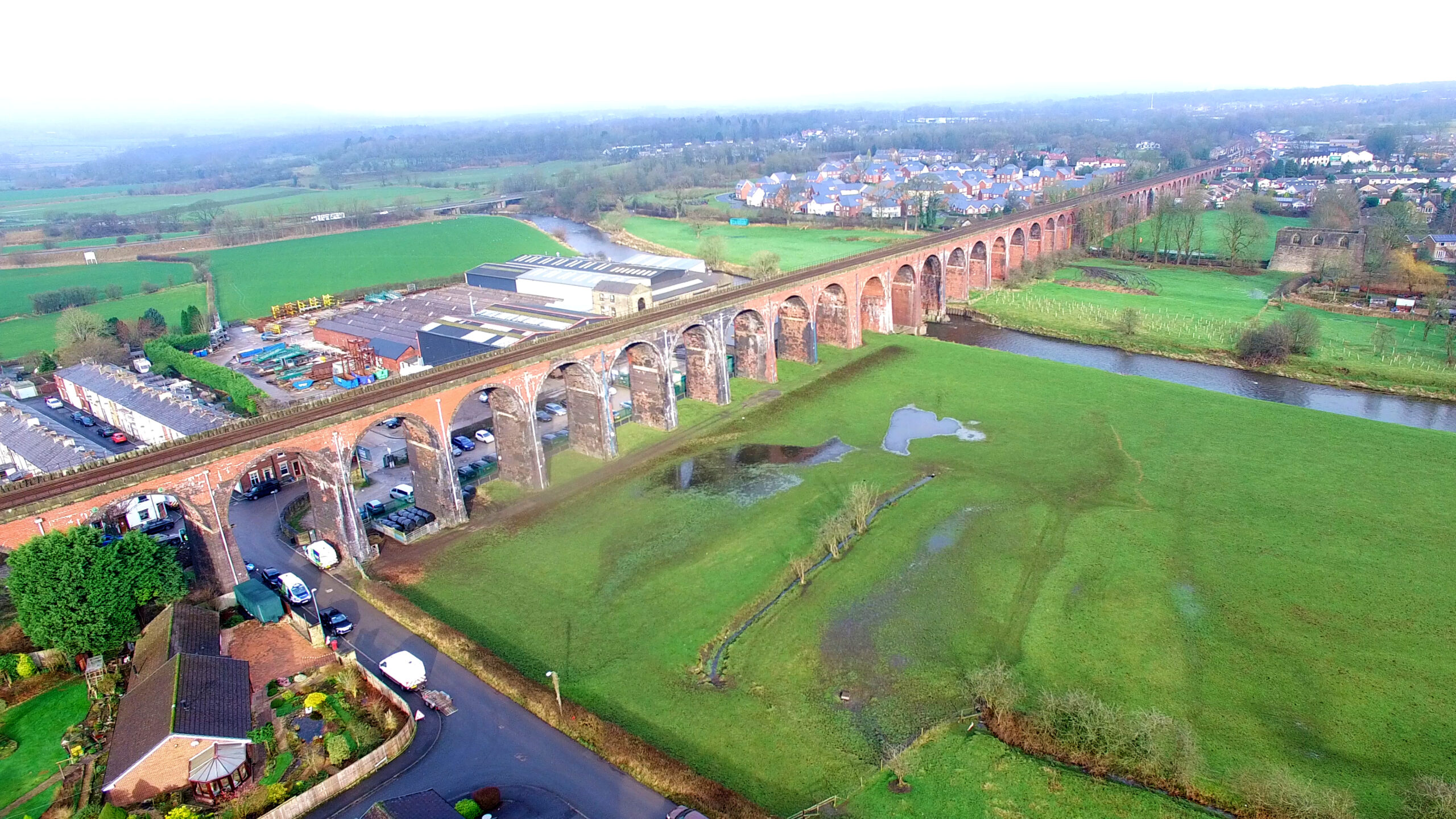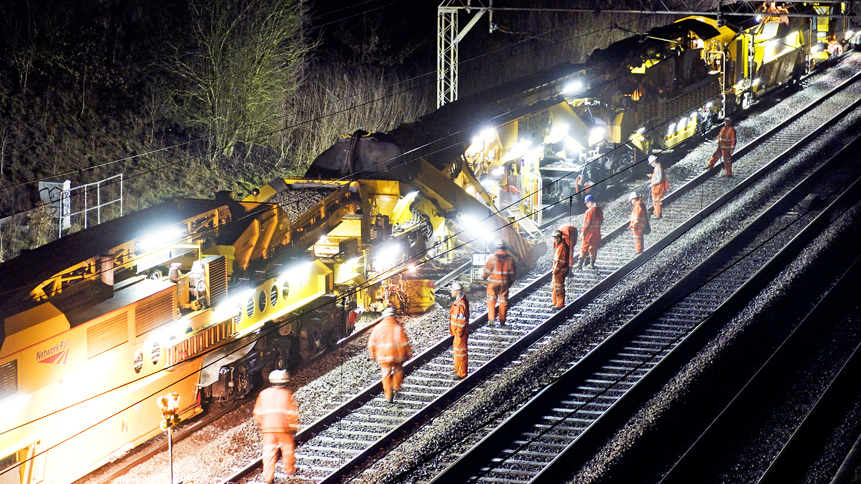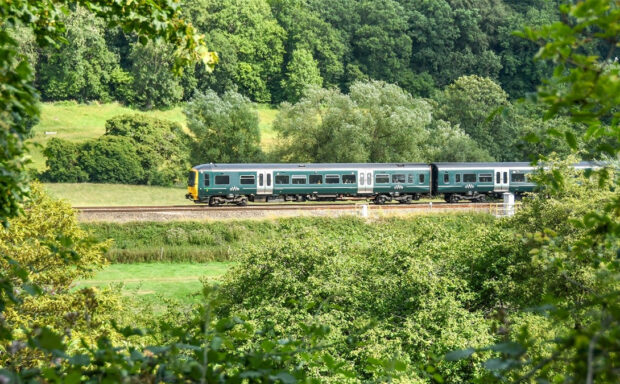This week we celebrate the contribution of our team members from the military.
It comes as people across Britain take part in events for Reserves Day on 23 June and Armed Forces Day on 26 June.
We’re proud to support staff in the Armed Forces and in 2018 re-signed the Armed Forces Covenant. It reaffirmed our commitment to ensuring the fair treatment of those who serve or who have served in the Armed Forces.
Network Rail first signed the covenant in 2015. Since then it has worked closely with the Ministry of Defence to transition skills into the rail industry and develop a forces-friendly environment with its workplace.
Find out more from Andrew Haines, our chief executive, why the qualities you’ve developed in your Armed Forces career makes you an ideal candidate to join the railway:
People profiles
Darin Gray, principal conformance engineer
With engineering precision, I successfully manage my career in two halves.
In 1989, whilst studying electrical engineering, at the Robert Gordon University in Aberdeen, I joined the Reserves (or Territorial Army as it was known then).
I didn’t fully appreciate what life would be like in the TA until but I took to it immediately; enjoying living by the principle ‘serve to lead’, I soon progressed to Junior Officer. This was where I started to manage both careers, working as a Reservist, alongside studying.
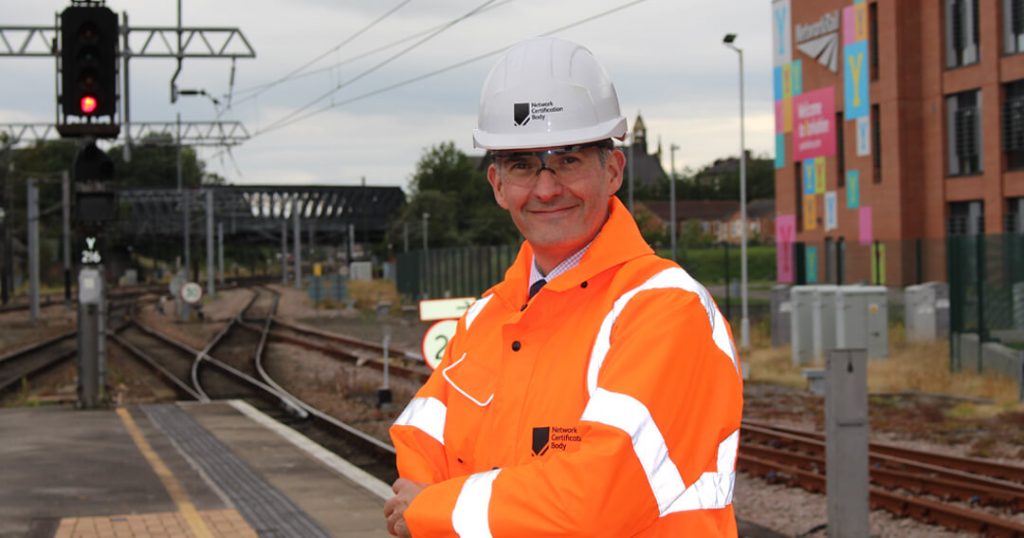
In 2007 I started working at Network Rail. Now, I manage a four-day week to balance my Reserve career, which requires one day per week and a weekend each month. Prior to the pandemic, I would normally be located all over Britain.
I have had a varied Reserve career, initially serving within an Airfield Damage Repair unit and eventually transferring to a Railway Engineering sub unit, where I managed Military Railway Engineering and was responsible for over 40 Royal Engineers. In 2004 I was promoted to Officer Commanding within the team.
In 2013, I became the Commanding Officer of 65 Works Group Royal Engineers in Nottingham. More recently, in 2019, I became the Assistant Head Reserves in the Ministry of Defence team responsible for the Reserve Forces and Cadets.
All of this alongside my role at Network Rail, where I took on a Technical Governance role which ensures Network Rail’s compliance with European and British legislation and standards.
Reflecting on my career to date, the skills that I have developed in civilian life and in the Reserves transfer between each other all the time.
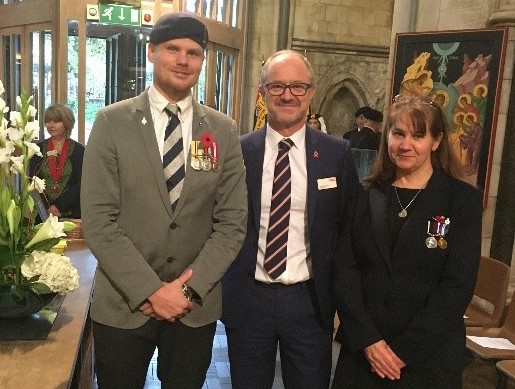
Jill Evans, project manager
I joined the Armed Forces aged 16. During my 24-year career … I was trained to a high level and undertook many interesting and varied roles, including: supply chain specialist, fuels specialist, explosives specialist, aircraft loading, IT network manager and wing operation centre specialist.
Leaving was never going to be easy, and it took some time to find my feet. Prior to joining Network Rail in 2012, I spent a few years as an operations manager for an IT company and then worked for about three years within The Foreign & Commonwealth Office as a customer experience and insight manager.
My husband had left the RAF many years before I had, and was now driving trains for a living, so I thought I’d give the railway a go, and I’ve been here ever since.
I joined the European Research, Development and Innovation team as a project manager (I knew that Prince2 course I took as part of my military resettlement would come in handy one day).
This role again involved some travel, mainly to Brussels and other European capitals, working with the European Commission and leading suppliers within the rail industry to bring about innovation.
I’m now a project manager working within the world of innovating and improving the way Network Rail undertakes timetabling. Network Rail is keen to develop staff, and I have been fortunate enough to undertake many recognised development courses during my nine years with the company.
Veterans bring a wealth of experience and some key and fundamental transferable skills that the railway needs. These include; a strong safety ethic, adaptability to change, teamwork ethos and an understanding of the importance of good morale within the team, the willingness to undertake training as and when required, situational leadership experience, the drive and can-do attitude to get the job done and the ability to think both strategically and tactically as required.
David Ho, operational publications manager
I joined the RAF in March 2008. My trade in the RAF was as an avionics/electrical technician working on a variety of aircraft.
During this time, I gained my NVQ level three in aeronautical engineering and in between work, deployments, and family life I was fortunate enough to be able to complete my BEng (Hons) after six years of part-time study.
My last four years was spent as an instructor and then upon promotion, managing the squadrons training cell. I left the RAF as a Sergeant.
I wanted to utilise my degree in engineering and gain some valuable commercial experience and had engaged with Network Rail at a careers fair. From the off, I liked the idea of working within an engineering industry similar to aviation where I saw the opportunity to use my transferable skills.
The industry was comparable to the forces in terms of its size and I could see great opportunities ahead once I got in through the door.
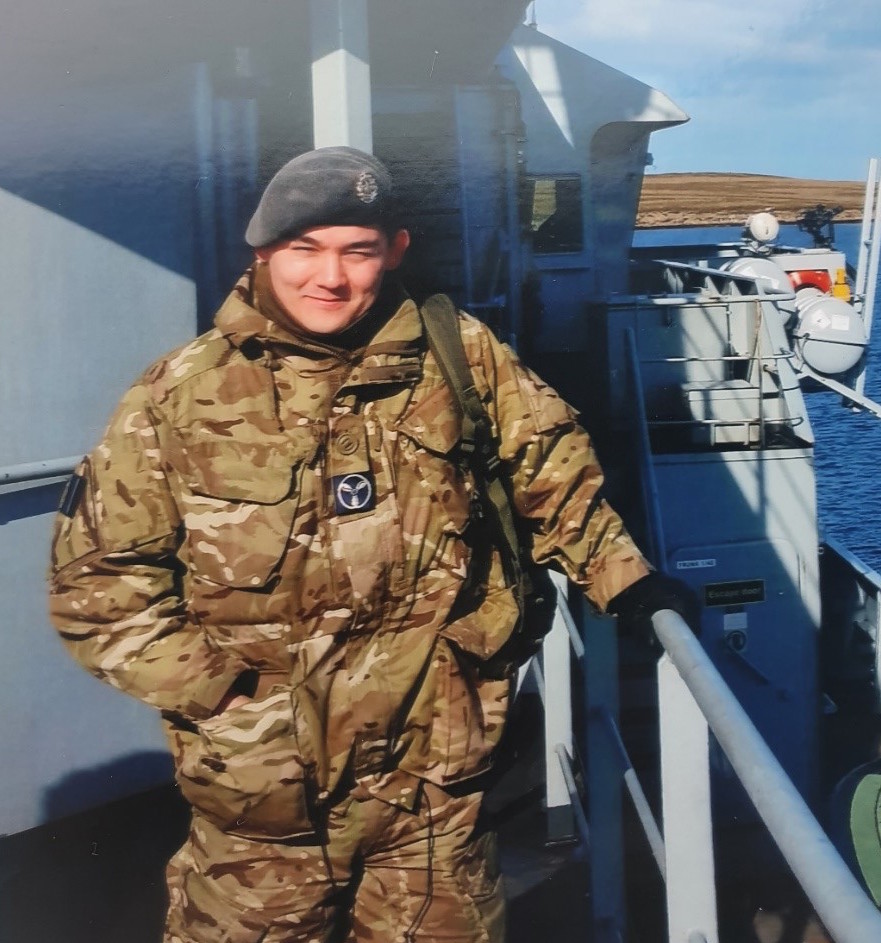
Veterans have spent their careers in the forces coping with change from working in hostile environments, to undertaking roles where they have little to no experience but are expected to hit the ground running (quite literally).
Network Rail is a vast network of departments and understanding how your role impacts and fits in to the wider organisation can be quite challenging. Veterans will be invaluable for the future success of any industry that undergoes change as the military mindset is to find a way and adapt regardless of what the challenge may be.
Read more:
Defence engagement – supporting Armed Forces personnel in railway careers
